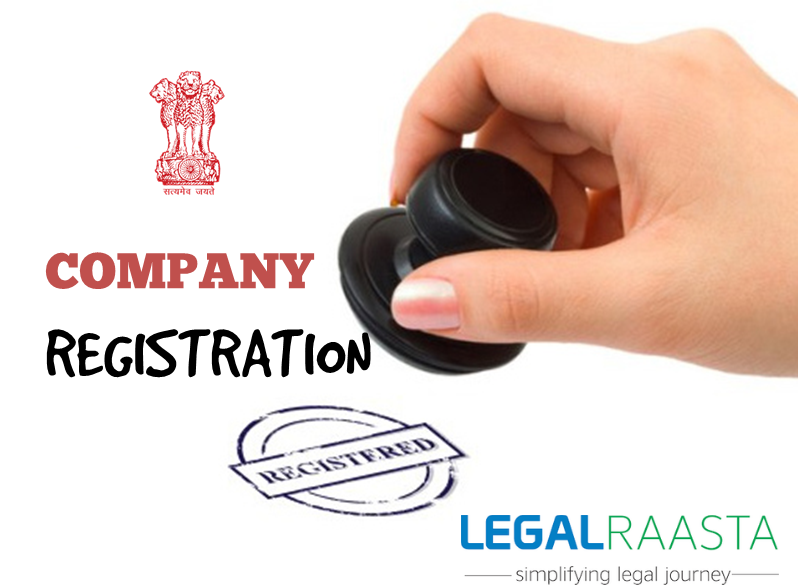Auditing Requirements of Private Limited Company
Introduction to Auditing and Compliances
Congratulations! You, registered your private limited company, now it is time to meet the compliance requirements in order to ensure smooth day-to-day operations. The Ministry of Corporate Affairs(MCA) has made company incorporation very simplistic by introducing One-day Company incorporation with SPICe. Auditing requirements have to be met so as to not be in violation of the Companies Act, 2013 and ensure companies are accurately representing their financial position.
Regardless of size, stature or nature of the business, all private limited companies have to maintain books of accounts audited by a practicing Charted accountant before the conclusion of the Financial Year. This process of meeting the compliances also involves the appointment of an auditor. Auditor will evaluate the accounts and produce Audit report and Audited financial statements which they will file with the registrar of companies of the relevant area.
The auditing process is an annual procedure which comes under compliance requirements of companies. To ensure you are compliant with laws set up by MCA we provide you with a list of compliance requirements in addition to the auditing process as well.
Compliance Checklist
| Compliance Requirement | Explanation |
|---|---|
| Auditor Appointment. ADT-1 Form | An auditor will be appointed within one month of company incorporation. Tenure of Auditor will be 5 years. |
| Statutory Accounts Audit | Companies shall prepare their financial accounts for an annual compulsory audit by a practicing Chartered Accountant |
| Annual Return Filing MGT-7 Form | Private Limited Companies shall file their Annual returns for the Financial Year according to form MGT-7 within 60 days of conducting their Annual General Meeting |
| Financial Statements Filing AOC-4 Form | All Pvt. Ltd companies are to file their Balance Sheet, Profit and Loss account Statement along with Director's report included in the form to be done 30 days within conducting their Annual General meeting |
| Conducting Annual General Meeting | Company will hold an Annual General Meeting(AGM) at least once per calendar year. It is required to hold an AGM 6 months prior to the conclusion of the financial year. |
| Preparing Director's Report | A Director's report has to be prepared with all relevant information in accordance with Section 134 |
Auditing
The Annual Statutory Audit is a complex procedure and could be a very taxing process because of the microanalysis and scrutiny of financial records. However, if a company plans their audit well it could become a part and parcel of the company's routine and could help the company improve both financially as well as operationally. With this piece, we aim to guide you through your annual procedure which is compliant with all auditing requirements.
Let's understand the term Statutory Audit first. Statutory basically means anything which comes under the regulations set by the government. Audit basically means an inspection. Therefore, Statutory Audit, in turn, means an inspection under the regulations set by a government authority. It is basically done to assess the financial position of a company.
Let's now list down Things to keep in Mind for a smooth process meeting all Auditing Requirements.-
- Help the Auditor: Auditors need to know the company's dealings with the last detail. Help them understand your business by providing them with the necessary details. These include
-
- Corporate Structure: History, Market Share of the organization.
- Operational details such as Services, Products, Marketing, and Processing
- Processing: Financial Statements, Shares and Stocks, Liquidity, Accounts
-
- Schedule the Audit routine: The Audit is a paperwork intensive process and could, therefore, be time-consuming. Maintain a timetable with a checklist of tasks to be done and documents to be arranged along with individuals responsible for producing said documentation. The auditors receive a letter about the management representatives involved beforehand and it will be nice for them to be in touch with all mentioned individuals.
- The main areas around which the Audit process works are as follows. Prepare for the audit accordingly.
- Cash
- Stocks
- Receivables
- Payables
- Statutory Records
-
Profit and Loss Account Balance Sheet Sales and other sources of Income, Purchases and various other costs, Manufacturing Costs, Administrative Costs, Charges Loans: Secured and Unsecured. Current Liabilities, Share Capital. Current Assets: Sundry, Cash, Deposit, Bank Balance. Fixed asset Inventories, Investments - The necessary and critical documentation includes Purchase bills, Sales Register, VAT payments and returns, Salary and wages, Fixed assets purchased, Trade license, Property Tax paid challans, ESI paid challan outstanding – Payment of advance tax, TDS certificates, Investment papers, Bank reconciliation statements. The auditors are authorized to analyze the records to whichever depth they see fit. It is up to quality the internal control assessment conducted by a firm that the auditors choose what depth of Auditing is fit for a said company.
- Feedback- In a perfect audit scenario after each step of evaluation, informal dialogues can be conducted on various aspects of internal control and review of audit process thus far. Auditors can be urged for suggestions for improvement.
- Audit Report- The report is generated once the Audit team has successfully addressed all issues surrounding financial records and dealings of the company. The report is then passed on to the Board of the company or the auditing committee.
- Help the Auditor: Auditors need to know the company's dealings with the last detail. Help them understand your business by providing them with the necessary details. These include
The auditing process and meeting the auditing requirements can be a bit challenging for companies to do on their own. Many a time you may require a professional touch to ensure smooth day-to-day operations.
At LegalRaasta, we help navigate your company through ROC compliances and auditing requirements process ensuring your auditing process is smooth.
Shoot us an email at contact@legalraasta.com or Ring us up at +91-










